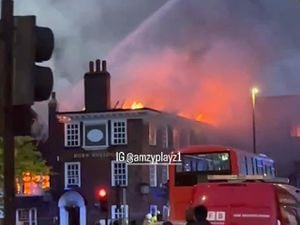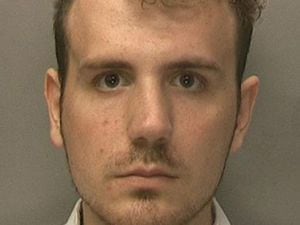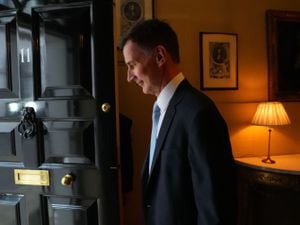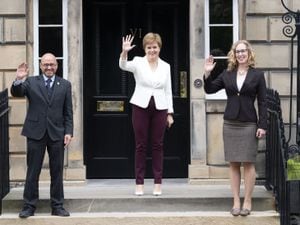Court backlog of criminal cases tops half a million
Meanwhile, outstanding crown court cases rose by 4% to around 41,000.
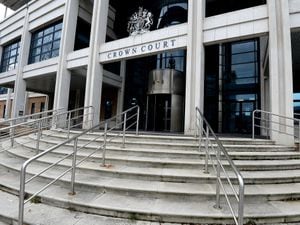
Courts face a backlog of more than half a million criminal cases as a result of the coronavirus pandemic, official estimates show.
The number of cases waiting to be heard by magistrates shot up 22% between the week ending March 8 and May 17 to around 484,000, according to provisional data published by the Ministry of Justice (MoJ).
Meanwhile, outstanding crown court cases rose by 4% to around 41,000.
Shutting courts at the height of the outbreak and temporarily abandoning jury trials saw the number having to be postponed increase “sharply”.
Between January and March 22, around 250 trials on average were vacated per week – meaning they were removed from a listing before the case was due to start so it could be put back to a later date. The number rose to around 400 between March 29 and May 31.
The level of trials remains “historically low”, but a small number have now started to resume.
The number of cases going ahead has gradually risen again as restrictions are eased but the level still remains low, the MoJ report said.
The Justice Secretary told MPs on Tuesday that he hopes to clear the backlog of court cases exacerbated by coronavirus by Easter next year.
Robert Buckland said he was “duty bound” to consider measures that could provide the court capacity needed, adding that two-thirds “isn’t going to cut it” and 100% capacity, if not more, was required in order to deal with the caseload and get ahead of it.
Currently 246 court buildings are open to the public across the country, with 58 staffed by judges. Some 86 have reopened since the beginning of June but there are 37 buildings where operations are still suspended, he said.
Some 19 crown courts are operating by spreading trials out across two or three rooms.
The most urgent cases are still being prioritised but officials are now seeking to list all magistrates’ court matters.
Facing questions over whether he would consider temporarily scrapping the use of juries for trials, he said all options had to be considered and he was “still very attracted” by the idea of using smaller juries, as were used during the Second World War when numbers were cut from 12 to seven except for murder and treason cases.
Plans are under way to use a variety of other buildings to make more space for hearings and there are talks on keeping courts open longer.

